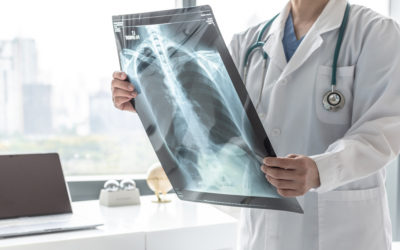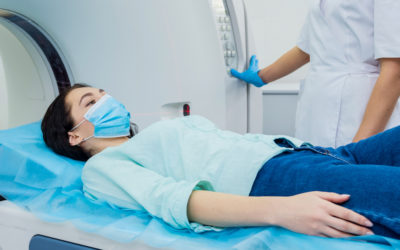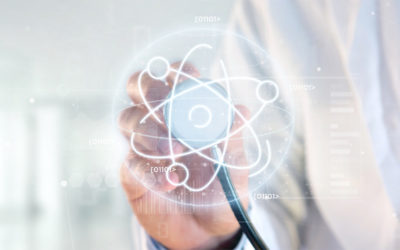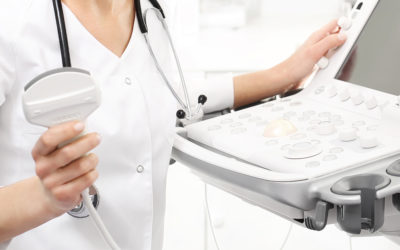CT Lung Cancer Screening
Lung cancer is the number one cause of cancer-related deaths in the United States. It is responsible for more deaths annually than breast, prostate or colorectal cancers combined. Lung cancer is second only to heart disease in the number of deaths caused annually.
If you meet the National Comprehensive Cancer Network (NCCN) guidelines for high-risk category one, call Kentucky River Medical Center to schedule a CT lung cancer screening. If you meet category two criteria, ask your physician for a referral. CT scans are easy and painless and could save your life because they can detect lung cancer at an early stage, when it is most treatable.
NCCN Criteria for Lung Cancer Screenings
High-Risk Category One (no physician referral required)
- Age 55 to 74 and
- Have smoked a pack of cigarettes a day for 30 years or two packs a day for 15 years or
- Quit smoking less than 15 years ago
High-Risk Category Two (physician referral required)
- Age 50 to 54 and
- Have smoked a pack of cigarettes a day for 20 years or more and
- Have one additional risk factor (other than second-hand smoke)
Additional Risk Factors
- Current smoker or smoking history
- Disease history (COPD or pulmonary fibrosis)
- Family history of lung cancer
- History of cancer
- Radon exposure
- Occupational exposure to arsenic, asbestos, beryllium, cadmium, chromium coal smoke, diesel fumes, nickel, silica and/or soot
Candidates cannot have signs or symptoms of lung cancer to qualify for a lung cancer screening.
For More Information
Call 606-666-6413
Related Services and Conditions
Diagnostic Imaging
At Kentucky River Medical Center, diagnostic imaging is used to create a graphic depiction of the structures and functions of the body’s organs and other internal systems. These images are used to examine and diagnose certain medical conditions. The imaging department...
End of Year Benefits
We understand the end of the year is a very hectic time. But while we look forward to the new, let’s also take stock of how we can improve today — and save! At Kentucky River Medical Center we encourage you to take some time for yourself. Doing so could not only...
Magnetic Resonance Imaging (MRI)
It’s clear—precision is important during diagnosis. Of all imaging technologies, MRI or Magnetic Resonance Imaging gives doctors the clearest, most precise image of the inside of the body. It’s sophisticated, and uses a strong magnetic field to show the structure and...
Nuclear Medicine
A special kind of imaging, nuclear medicine creates images of the body and its functions by capturing the energy of a safe radioactive substance as it flows through the body. It’s used to detect tumors and infection by bringing to light a number of bodily processes...
Ultrasound
Kentucky River Medical Center uses ultrasound as a painless, non-invasive way to diagnose a variety of diseases and conditions without the use of radiation, making this a widely used procedure during pregnancy. Sometimes called sonography, ultrasounds bounce...





